=#define?EPERM?? 1?/* Operation not permitted */
#define?ENOENT?? 2?/* No such file or directory */
#define?ESRCH?? 3?/* No such process */
#define?EINTR?? 4?/* Interrupted system call */
#define?EIO?? 5?/* I/O error */
#define?ENXIO?? 6?/* No such device or address */
#define?E2BIG?? 7?/* Argument list too long */
#define?ENOEXEC?? 8?/* Exec format error */
#define?EBADF?? 9?/* Bad file number */
#define?ECHILD??10?/* No child processes */
#define?EAGAIN??11?/* Try again */
#define?ENOMEM??12?/* Out of memory */
#define?EACCES??13?/* Permission denied */
#define?EFAULT??14?/* Bad address */
#define?ENOTBLK??15?/* Block device required */
#define?EBUSY??16?/* Device or resource busy */
#define?EEXIST??17?/* File exists */
#define?EXDEV??18?/* Cross-device link */
#define?ENODEV??19?/* No such device */
#define?ENOTDIR??20?/* Not a directory */
#define?EISDIR??21?/* Is a directory */
#define?EINVAL??22?/* Invalid argument */
#define?ENFILE??23?/* File table overflow */
#define?EMFILE??24?/* Too many open files */
#define?ENOTTY??25?/* Not a typewriter */
#define?ETXTBSY??26?/* Text file busy */
#define?EFBIG??27?/* File too large */
#define?ENOSPC??28?/* No space left on device */
#define?ESPIPE??29?/* Illegal seek */
#define?EROFS??30?/* Read-only file system */
#define?EMLINK??31?/* Too many links */
#define?EPIPE??32?/* Broken pipe */
#define?EDOM??33?/* Math argument out of domain of func */
#define?ERANGE??34?/* Math result not representable */
#define?EDEADLK??35?/* Resource deadlock would occur */
#define?ENAMETOOLONG?36?/* File name too long */
#define?ENOLCK??37?/* No record locks available */
#define?ENOSYS??38?/* Function not implemented */
#define?ENOTEMPTY?39?/* Directory not empty */
#define?ELOOP??40?/* Too many symbolic links encountered */
#define?EWOULDBLOCK?EAGAIN?/* Operation would block */
#define?ENOMSG??42?/* No message of desired type */
#define?EIDRM??43?/* Identifier removed */
#define?ECHRNG??44?/* Channel number out of range */
#define?EL2NSYNC?45?/* Level 2 not synchronized */
#define?EL3HLT??46?/* Level 3 halted */
#define?EL3RST??47?/* Level 3 reset */
#define?ELNRNG??48?/* Link number out of range */
#define?EUNATCH??49?/* Protocol driver not attached */
#define?ENOCSI??50?/* No CSI structure available */
#define?EL2HLT??51?/* Level 2 halted */
#define?EBADE??52?/* Invalid exchange */
#define?EBADR??53?/* Invalid request descriptor */
#define?EXFULL??54?/* Exchange full */
#define?ENOANO??55?/* No anode */
#define?EBADRQC??56?/* Invalid request code */
#define?EBADSLT??57?/* Invalid slot */
#define?EDEADLOCK?EDEADLK
#define?EBFONT??59?/* Bad font file format */
#define?ENOSTR??60?/* Device not a stream */
#define?ENODATA??61?/* No data available */
#define?ETIME??62?/* Timer expired */
#define?ENOSR??63?/* Out of streams resources */
#define?ENONET??64?/* Machine is not on the network */
#define?ENOPKG??65?/* Package not installed */
#define?EREMOTE??66?/* Object is remote */
#define?ENOLINK??67?/* Link has been severed */
#define?EADV??68?/* Advertise error */
#define?ESRMNT??69?/* Srmount error */
#define?ECOMM??70?/* Communication error on send */
#define?EPROTO??71?/* Protocol error */
#define?EMULTIHOP?72?/* Multihop attempted */
#define?EDOTDOT??73?/* RFS specific error */
#define?EBADMSG??74?/* Not a data message */
#define?EOVERFLOW?75?/* Value too large for defined data type */
#define?ENOTUNIQ?76?/* Name not unique on network */
#define?EBADFD??77?/* File descriptor in bad state */
#define?EREMCHG??78?/* Remote address changed */
#define?ELIBACC??79?/* Can not access a needed shared library */
#define?ELIBBAD??80?/* Accessing a corrupted shared library */
#define?ELIBSCN??81?/* .lib section in a.out corrupted */
#define?ELIBMAX??82?/* Attempting to link in too many shared libraries */
#define?ELIBEXEC?83?/* Cannot exec a shared library directly */
#define?EILSEQ??84?/* Illegal byte sequence */
#define?ERESTART?85?/* Interrupted system call should be restarted */
#define?ESTRPIPE?86?/* Streams pipe error */
#define?EUSERS??87?/* Too many users */
#define?ENOTSOCK?88?/* Socket operation on non-socket */
#define?EDESTADDRREQ?89?/* Destination address required */
#define?EMSGSIZE?90?/* Message too long */
#define?EPROTOTYPE?91?/* Protocol wrong type for socket */
#define?ENOPROTOOPT?92?/* Protocol not available */
#define?EPROTONOSUPPORT?93?/* Protocol not supported */
#define?ESOCKTNOSUPPORT?94?/* Socket type not supported */
#define?EOPNOTSUPP?95?/* Operation not supported on transport endpoint */
#define?EPFNOSUPPORT?96?/* Protocol family not supported */
#define?EAFNOSUPPORT?97?/* Address family not supported by protocol */
#define?EADDRINUSE?98?/* Address already in use */
#define?EADDRNOTAVAIL?99?/* Cannot assign requested address */
#define?ENETDOWN?100?/* Network is down */
#define?ENETUNREACH?101?/* Network is unreachable */
#define?ENETRESET?102?/* Network dropped connection because of reset */
#define?ECONNABORTED?103?/* Software caused connection abort */
#define?ECONNRESET?104?/* Connection reset by peer */
#define?ENOBUFS??105?/* No buffer space available */
#define?EISCONN??106?/* Transport endpoint is already connected */
#define?ENOTCONN?107?/* Transport endpoint is not connected */
#define?ESHUTDOWN?108?/* Cannot send after transport endpoint shutdown */
#define?ETOOMANYREFS?109?/* Too many references: cannot splice */
#define?ETIMEDOUT?110?/* Connection timed out */
#define?ECONNREFUSED?111?/* Connection refused */
#define?EHOSTDOWN?112?/* Host is down */
#define?EHOSTUNREACH?113?/* No route to host */
#define?EALREADY?114?/* Operation already in progress */
#define?EINPROGRESS?115?/* Operation now in progress */
#define?ESTALE??116?/* Stale NFS file handle */
#define?EUCLEAN??117?/* Structure needs cleaning */
#define?ENOTNAM??118?/* Not a XENIX named type file */
#define?ENAVAIL??119?/* No XENIX semaphores available */
#define?EISNAM??120?/* Is a named type file */
#define?EREMOTEIO?121?/* Remote I/O error */
#define?EDQUOT??122?/* Quota exceeded */
#define?ENOMEDIUM?123?/* No medium found */
#define?EMEDIUMTYPE?124?/* Wrong medium type */
E2BIG?-- The argument list passed to the function was too long.
EACCESS?-- Access denied! The user running the program doesn't have permission to access a file, directory, and so forth.
EAGAIN?-- The required resource is temporarily unavailable; if you try the operation again later, it might succeed.
EBADF?-- A function tried to use a bad file descriptor (it doesn't refer to an open file, for example, or it was used in an attempt to write to a file that was opened read-only).
EBUSY?-- The requested resource is unavailable. For example, attempting to remove a directory while another application is reading it. Note the ambiguity between?EBUSY?and?EAGAIN; obviously you'd be able to remove the directory later, when the reading program has finished.
ECHILD?-- The?wait()?or?waitpid()?function tried to wait for a child process to exit, but all children have already exited.
EDEADLK?-- A resource deadlock would occur if the request continued. Note that this is not the sort of deadlock you get in multithreaded code --?errno?and its friends definitely can't help you track those down.
EDOM?-- The input argument is outside of the domain of a mathematical function.
EEXIST?-- The file already exists, and that's a problem. For example, if you call?mkdir()?with a path that names an existing file or directory.
EFAULT?-- One of the function arguments refers to an invalid address. Most implementations can't detect this (your program receives a?SIGSEGFAULT?signal and exit instead).
EFBIG?-- The request would cause a file to expand past the implementation-defined maximum file size. This is generally around 2GB, but most modern file systems support much larger files, sometimes requiring 64-bit versions of theread()/write()?and?lseek()?functions.
EINTR?-- The function was interrupted by a signal, which was caught by a signal handler in the program, and the signal handler returned normally.
EINVAL?-- You passed an invalid argument to the function.
EIO?-- An I/O error occurred; this is usually generated in response to hardware problems.
EISDIR?-- You called a function that requires a file argument with a directory argument.
ENFILE?-- Too many files are already open in this process. Each process has?OPEN_MAX?file descriptors, and you're trying to open (OPEN_MAX + 1) files. Remember that?file descriptors?include things like sockets.
ENLINK?-- The function call would cause a file to have more than?LINK_MAX?links.
ENAMETOOLONG?-- You've created a path name longer than?PATH_MAX, or you've created a file or directory name longer thanNAME_MAX.
ENFILE?-- The system has too many simultaneously open files. This should be a temporary condition, and it is unlikely to happen on a modern system.
ENODEV?-- No such device or you're attempting to do something inappropriate for the specified device (don't try reading from an ancient line printer, for example).
ENOENT?-- No such file was found or the specified path name doesn't exist.
ENOEXEC?-- You tried to run a file that isn't executable.
ENOLCK?-- No locks are available; you've reached a system-wide limit on file or record locks.
ENOMEM?-- The system is out of memory. Traditionally, applications (and the OS itself) don't handle this gracefully, which is why you need to have more RAM than you expect to use, especially on systems that can't dynamically increase the size of the on-disk swap space.
ENOSPC?-- No space left on the device. You've tried to write to or create a file on a device that's full. Again, it's traditional for applications and the OS to not handle this gracefully.
ENOSYS?-- The system doesn't support that function. For example, if you call?setpgid()?on a system without job control, you'll get an?ENOSYS?error.
ENOTDIR?-- The specified path name needs to be a directory, but it isn't. This is the opposite of the?EISDIR?error.
ENOTEMPTY?-- The specified directory isn't empty, but it needs to be. Note that an?empty?directory still contains the . and .. entries.
ENOTTY?-- You've attempted an I/O control operation on a file or special file that doesn't support that operation. Don't try setting the baud rate on a directory, for example.
ENXIO?-- You've attempted an I/O request on a special file for a device that doesn't exist.
EPERM?-- The operation isn't permitted; you don't have permission to access the specified resource.
EPIPE?-- You've attempted to read from or write to a pipe that doesn't exist any more. One of the programs in the pipe chain has closed its part of the stream (by exiting, for example).
ERANGE?-- You've called a function, and the return value is too large to be represented by the return type. For example, if a function returns an?unsigned char?value but calculated a result of 256 or more (or?-1?or less),?errno?would be set to?ERANGEand the function would return some irrelevant value. In cases like this, it's important to check your input data for sanity, or check?errno?after every call.
EROFS?-- You attempted to modify a file or directory stored on a read-only file system (or a file system that was mounted in read-only mode).
ESPIPE?-- You attempted to seek on a pipe or First In, First Out (FIFO).
ESRCH?-- You've specified an invalid process ID or process group.
EXDEV?-- You've attempted an operation that would move a link across devices. For example, UNIX filesystems don't let you move a file between file systems (instead, you have to copy the file, then delete the original).
?
 電子發(fā)燒友App
電子發(fā)燒友App









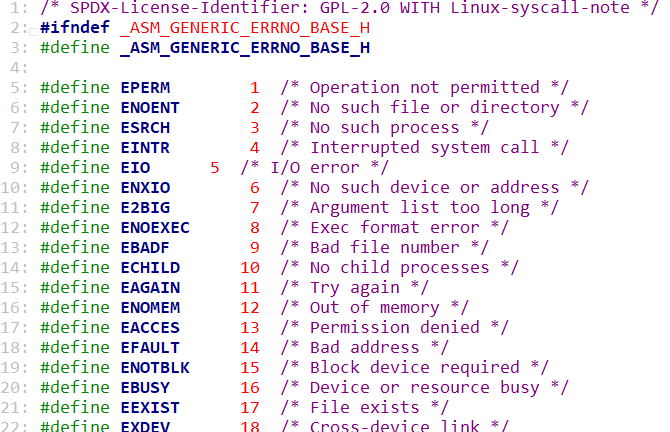

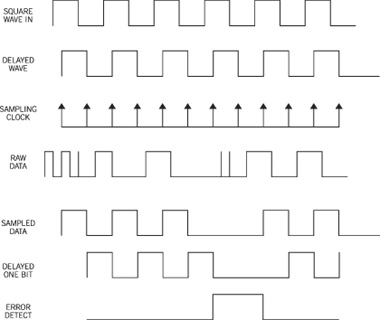
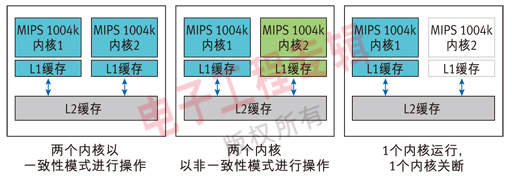

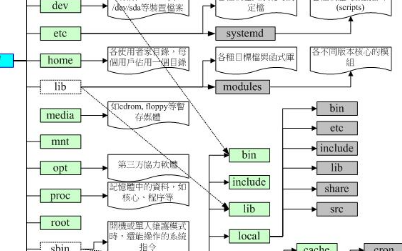

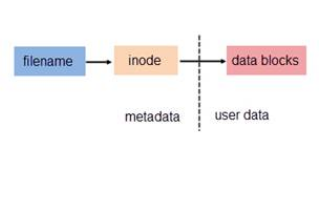
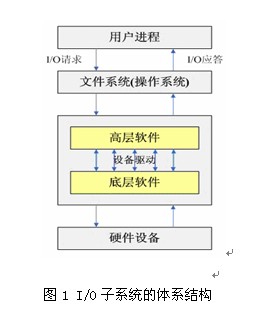
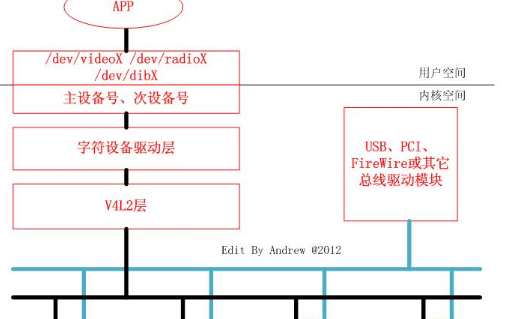
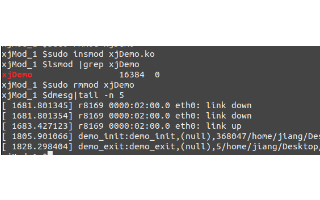
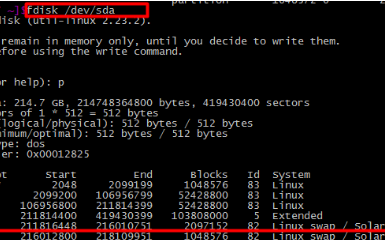
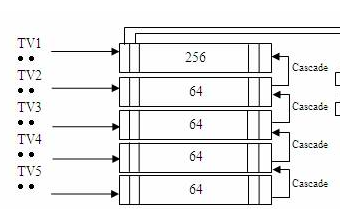
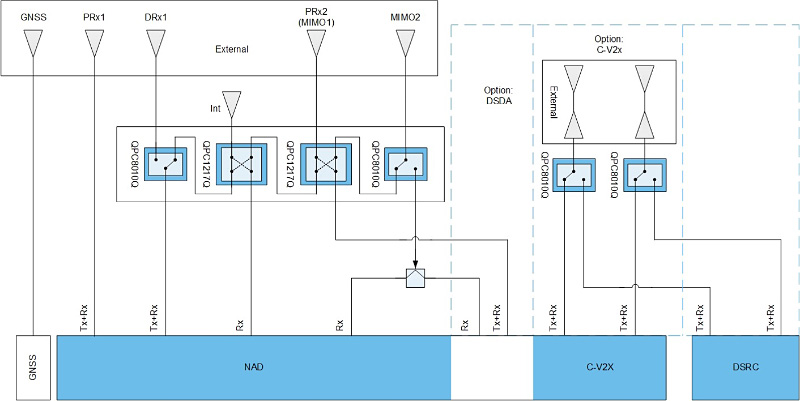
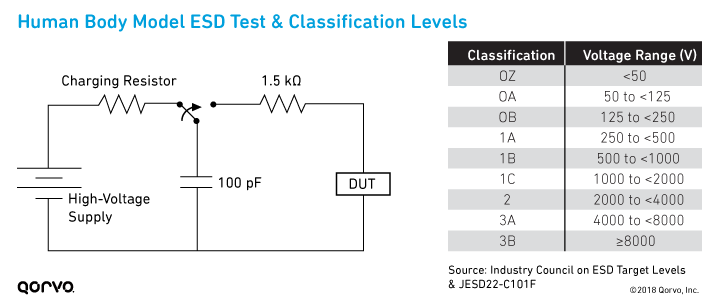
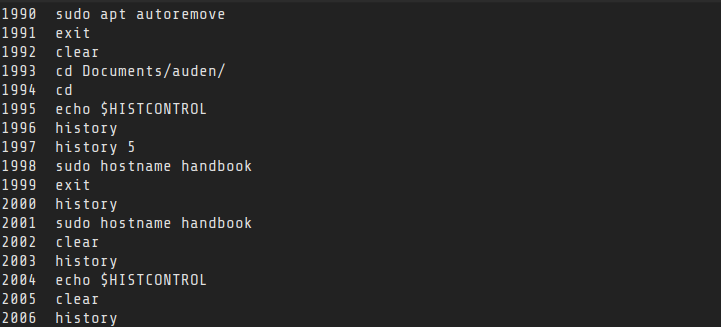

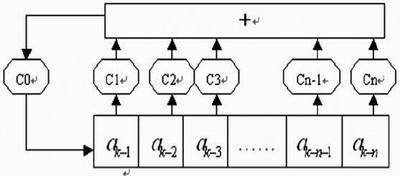


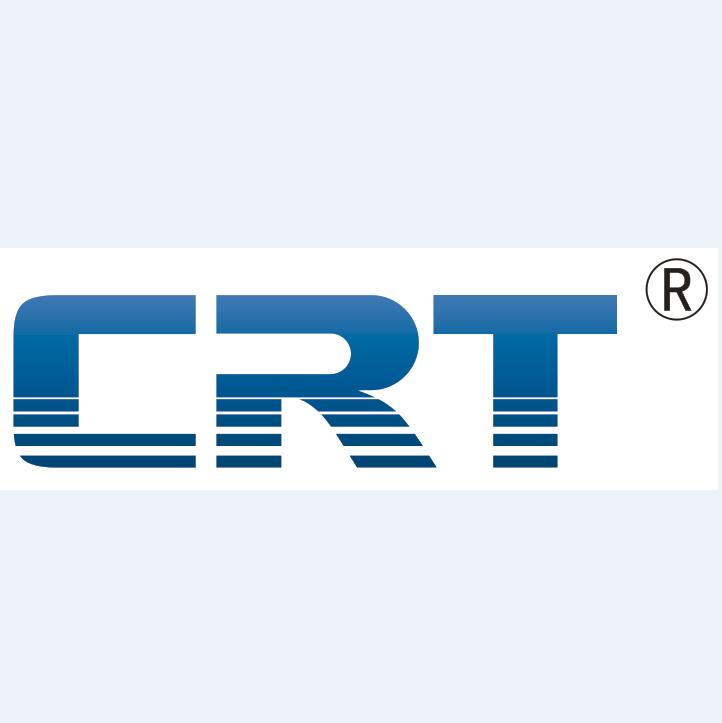
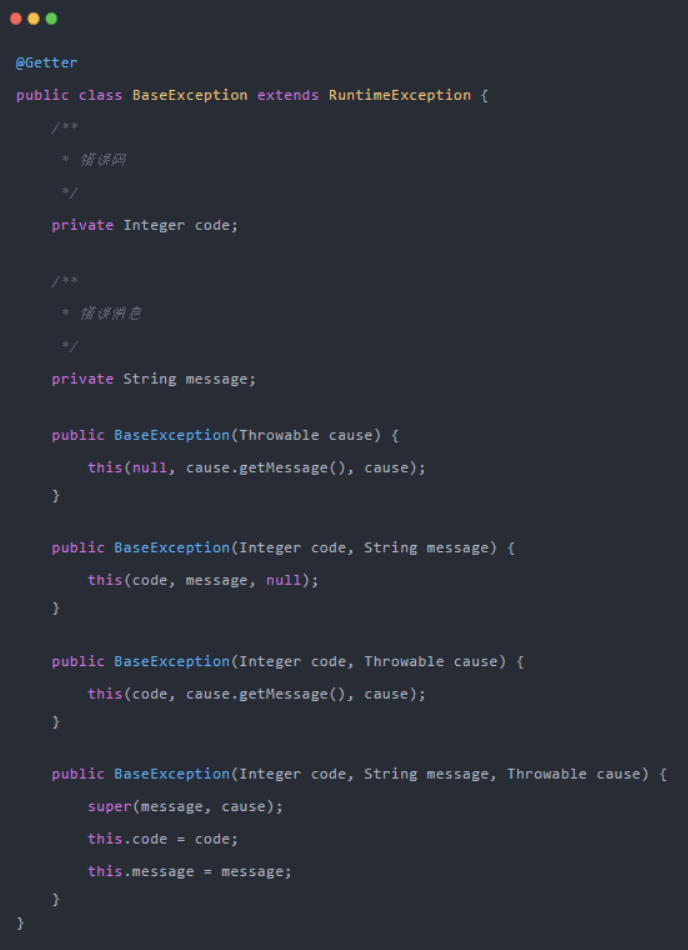
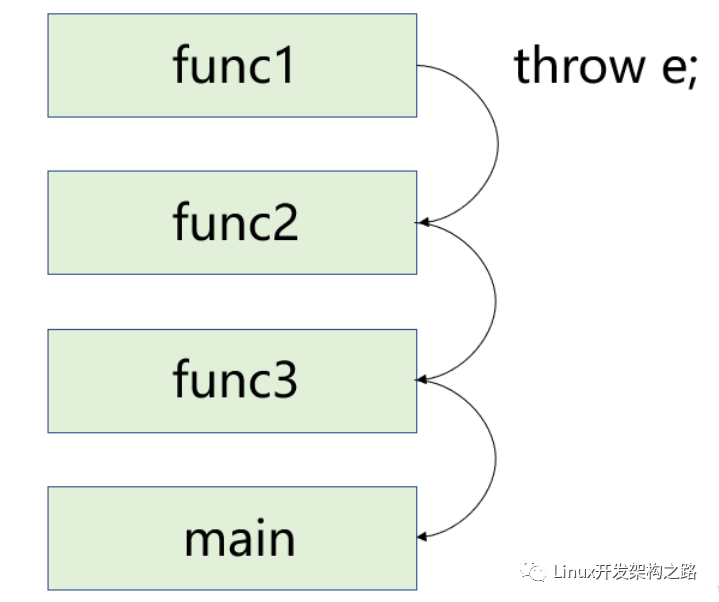











評論